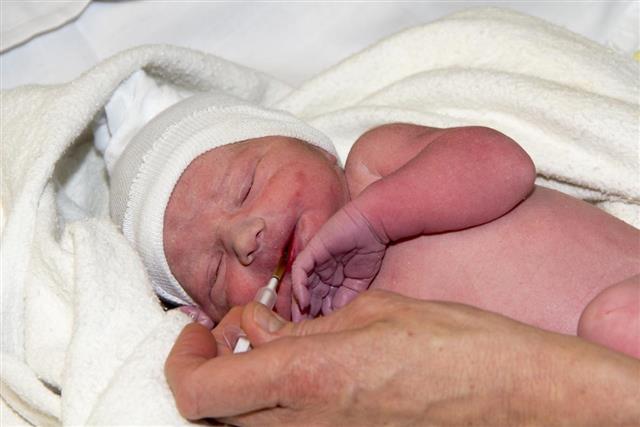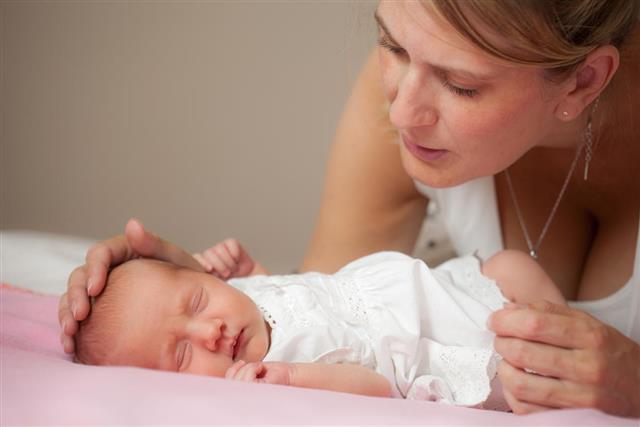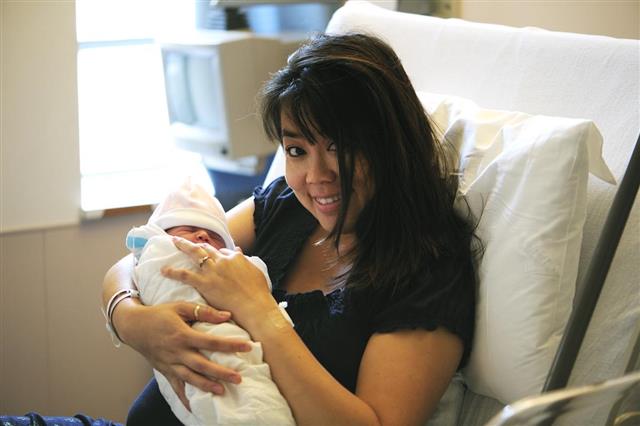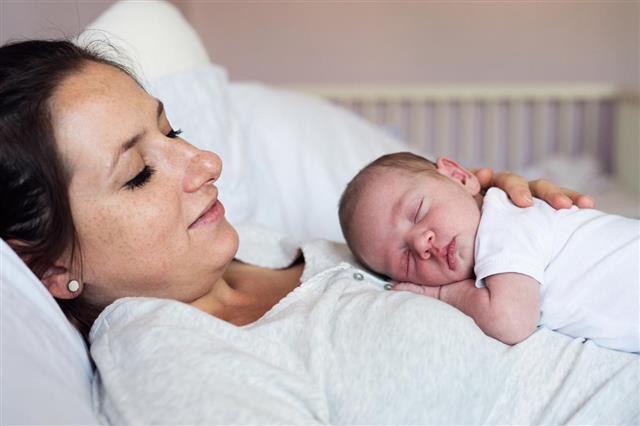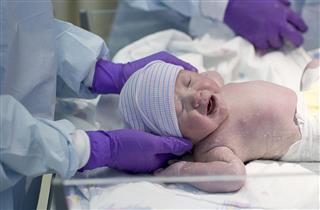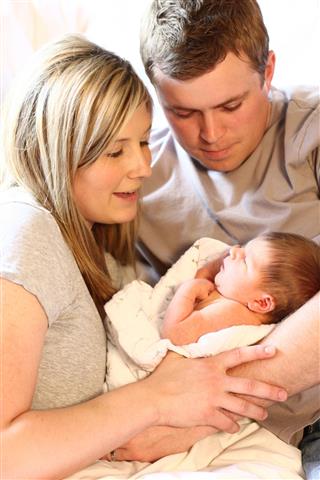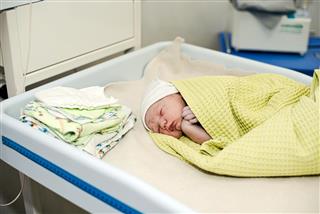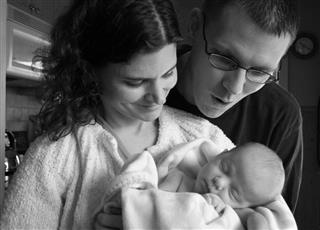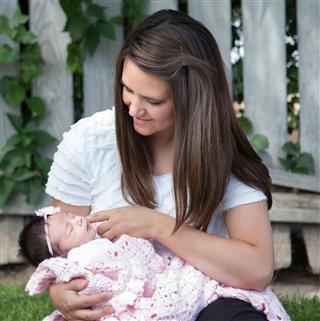
Newborn baby care can be a very overwhelming task for those who have never handled the responsibility. The following article will guide you through this time.
The entry of a baby in your life is a euphoria equaled by not many other moments. Holding the baby in your arms for the first time and the sweeping over of that fierce need to protect, the instinct to be there for him and keep him away from any harm is paramount. But it’s not to say that it does not get overwhelming for a new parent to ensure that proper care is administered. Knowing that the baby is completely dependent on you for all his needs and wanting to provide only the best for him will be the only thought that crosses a parent’s mind. In such a case, having a newborn care guide that takes you through the motions of how to handle the task comes as a relief. In the following sections, we will look through some of the important things that go into caring for a newborn and ensure that your baby is well taken care of.
Hygiene
Personal, baby, and overall hygiene is the most important thing when it comes to a newborn. A newborn does not have a highly developed immune system like adults do and that is why even a little carelessness can lead to infections or diseases. Wash your hands and legs thoroughly before handling a baby and make sure that the baby clothes, baby bedding, and other items that are used by the baby are sanitized and clean. Make sure that you cut the baby’s nails with a baby nail cutter to prevent the accumulation of dirt (which could lead to an infection) and to prevent the possibility of the baby scratching itself. Along with that, sterilizing the baby bottles is also important.
Changing Diapers
All diapers should be sanitized and clean. After your baby has dirtied the diaper, remove it and proceed to wipe the baby with cotton balls that have been dipped in warm water. Tie a new diaper around the baby. It is very common for newborns to get a diaper rash. In this case, apply a good ointment and keep the baby out of the diaper for a few hours so that it heals well.
Holding a Baby
A newborn is not capable of supporting the weight of its head because its neck is not yet developed and strong enough. Always remember that when you pick the baby up, support its neck with your hands at all times. A newborn is delicate and easily hurt so do not make any sudden and harsh movements with it like shaking it or playing with it. While the baby sleeps at night, make sure that it is placed on its back. Alternate the sides of his head from left to right every night so that he/she does not develop a flat spot. The temptation to hold a baby is great, but do not awaken him/her for it, the baby needs to sleep and will do so for 16 hours a day as well.
Bonding and Comforting
A newborn baby will cry. A lot. Because that is the only way he/she can communicate that something is wrong. And at that time he needs to know that you’re there for him. Your baby needs you to be close to him/her physically to be assured of that. Make sure both parents are holding the baby and spending time stroking and talking to him. Babies respond well to sounds, so talking in a soft soothing voice and dulcet tones will help comfort the baby and help you bond.
Bonding with the baby should start while the baby is in the womb itself. It has been proven that newborn babies respond to and are soothed by sounds that they’ve heard while in the womb. For example, if you have been singing a particular song or listening to it while pregnant, and if you sing the same song when the baby cries, there are chances that the baby will stop crying immediately. This is because he knows the sound of that song, finds it familiar, and is therefore comforted by it. All new parents develop their own unique style of comforting the baby using a combination of soothing sounds and holding positions―in a few days, you will too. One such method of comforting the baby that is seen to work wonders is swaddling the baby. This method replicates for them the security of the womb.
Feeding the Baby
Breastfeeding is recommended for your newborn instead of giving him formula. This helps you to bond and supplies nutrients that prevents the onset of several diseases. Baby feeding should be done every time the baby is hungry and not based on what a book says. A newborn will need to nurse 8-10 times a day. Make sure that you nurse the baby at each breast. Monitor its schedule well and contact a doctor if you feel that the baby is not interested in taking a feed. A baby who has been feeding well should be gaining weight regularly. Burping a baby is also important so that you prevent your baby from getting colicky. Hold the baby against your shoulder and while supporting its neck gently pat the baby’s back. Continue with this till the baby burps.
The anxiety of handling a newborn baby can get very overwhelming. But with these tips on the important aspects of baby care and the things you need for a new baby, your job should become a fraction easier. Keep these tips in mind, follow your heart and enjoy motherhood. In the end, that’s all that’s important, correct?
